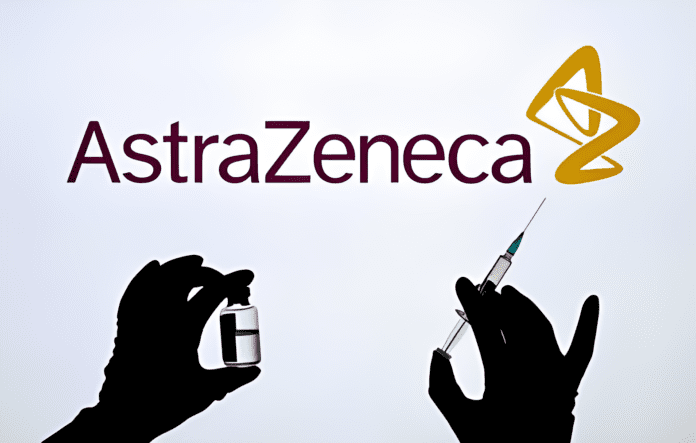The pharmaceutical business AstraZeneca, which made a vaccination for COVID-19, will team up with Absci, an AI biologics startup based in the US, to create a cancer antibody. Together, they want to build a zero-shot generative AI model that can improve and develop new antibody treatments.
An article in REUTERS dated December 3rd stated that AstraZeneca is planning to spend as much as $247 million on Absci’s R&D, milestone payments, and upfront fees. Together, they want to build a zero-shot generative AI model that can improve and develop new cancer antibody treatments. The specific cancer(s) involved were not identified in the paper.
Prioritising perspectives of those with lived experiences like Tim and Tony is critical to better understand the challenges faced and what we can do to break down barriers along the care pathway and close the care gap in prostate cancer. pic.twitter.com/2Jbtu7Qg88
— AstraZeneca (@AstraZeneca) December 1, 2023
The Absci website boasts that their AI screens “billions of cells” weekly, which allows them to get from antibodies to wet “lab-validated candidates” in just six weeks. The company is now involved in seventeen ongoing projects. Senior VP Puja Sapra of AstraZeneca has stated:
“AI is allowing us to boost the variety of biologics we find while simultaneously increasing the success and velocity of our biologics discovery process.”
The agreement was formally acknowledged by Absci CEO Sean McClain, who stated that AstraZeneca will assist in leveraging its artificial intelligence efforts (Reuters story). Absci still needs to respond to Cointelegraph’s request for additional information.
The potential for AI to greatly enhance the speed and precision of data analysis and creative research has led to its rapid adoption in the healthcare sector. The initiation of an artificial intelligence pilot to fight superbugs, or organisms that are resistant to multiple drugs, was announced in November by the Hong Kong Hospital Authority. The AI will examine patient records to ascertain whether antibiotic prescriptions are necessary, as their overuse led to the development of superbugs that are resistant to these drugs on the island.




